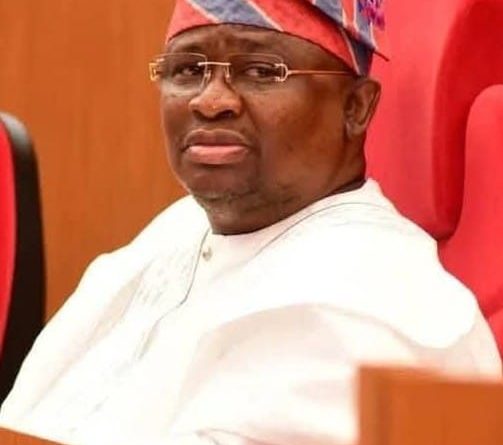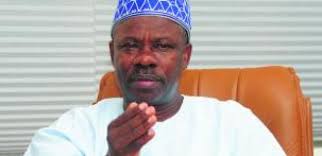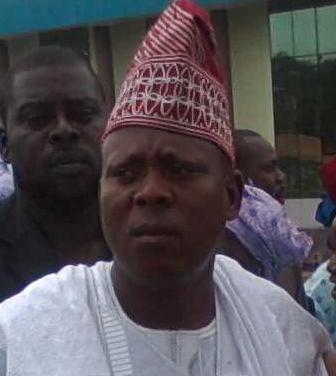Leadership for Progress: Why Senator Adeola Yayi is Best Positioned to Govern Ogun State
By Ishiaq Oladimeji Oladele
Ogun State stands at a pivotal moment in its political and socio-economic journey. Despite its proximity to Lagos and strategic advantages in manufacturing, education, and agriculture, the state has not fully maximized the opportunities presented by these crucial factors. Therefore, as the 2027 gubernatorial race draws near, the question of capable leadership becomes central.
This article argues that Senator Solomon Olamilekan Adeola (Yayi) with his deep roots in Ogun State, strong legislative track record, and tested public finance acumen , is the most prepared and visionary aspirant to govern Ogun State.
Senator Adeola brings over two decades of experience across state and federal levels, having served in the Lagos State House of Assembly, the House of Representatives, and now as a Senator representing Ogun West. This unique legislative trajectory affords him rare insight into both the local governance structures of the southwest and the national legislative process.
As Chairman of the Senate Committee on Appropriations and formerly Finance, Adeola has been instrumental in budget scrutiny, fiscal oversight, and anti-corruption efforts. His leadership helped shape the national budget process towards greater transparency and accountability. Such skills are critical for a governor expected to manage public funds prudently and ensure effective delivery of services in Ogun State.
Adeola’s professional background as a chartered accountant (FCA) sets him apart in a political environment often lacking in financial literacy. His approach to fiscal governance emphasizes accountability, efficient revenue generation, and strategic investment in infrastructure and education. Under his leadership, Ogun State could witness the integration of data-driven financial planning with pro-poor policies, enabling both macroeconomic stability and inclusive growth.
His legislative advocacy has consistently supported policies favorable to industrial growth — a crucial concern in Ogun, which is rapidly becoming an industrial hub due to its location. Adeola’s pro-business stance, combined with his knowledge of intergovernmental fiscal transfers, could unlock federal and private-sector funding to develop road networks, power access, and housing in underserved areas.
Despite his national stature, Senator Adeola has maintained strong grassroots support in Ogun West, a historically marginalized senatorial district. His philanthropic work, youth empowerment programs, and responsiveness to community needs have earned him credibility across ethnic and religious lines.
His capacity to unify diverse constituencies — from the Yewa-Awori bloc to the wider Egba and Ijebu populations — enhances his viability as a consensus candidate in a state often shaped by regional balancing. In an era where political alienation threatens stability, Adeola’s grassroots rapport could foster greater inclusiveness and trust in governance.
Adeola’s stated priorities — including rural development, youth employment, agricultural modernization, and education — align with Ogun State’s core challenges. Unlike aspirants with rhetorical manifestos, Adeola’s record demonstrates execution: from ICT training for youths to scholarships and road construction, his tenure reflects a focus on measurable outcomes.
Moreover, his understanding of the Lagos-Ogun development corridor offers a chance to deepen regional integration, boost internally generated revenue, and ease the migration burden on border communities. A governor who understands the Lagos model — and has contributed to it — is best placed to adapt it for Ogun’s unique needs.
Ogun State needs not just a politician, but a reformer with legislative depth, fiscal discipline, and grassroots legitimacy. Senator Solomon Adeola embodies these qualities. His blend of national experience, professional competence, and local connection make him the most qualified candidate to lead Ogun State into a new era of stability, development, and inclusive governance.




